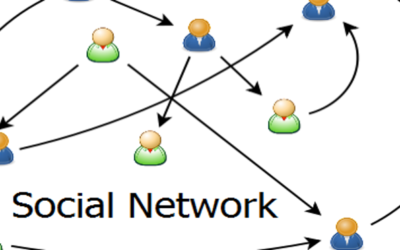A new study from researchers at Pennsylvania State University and the Benjamin Rose Institute on Aging finds that caregivers and their relatives who suffer from dementia widely disagree on the amount and quality of care both given and received. The study identified five core values: autonomy, burden, control, family and safety as decisive in the caregiver relationship.
Caregiver’s Attitude
The study also identified the caregiver’s attitude as a key determinant of the relationship between the caregiver and the care receiver. Where the caregiver viewed dementia sufferers as unable to make decisions about daily life, widely divergent views on those core values emerged between caregiver and care receiver. Where the caregiver saw the individual as able to direct his or her daily life, a basis of respect and mutual understanding was established, and the relationship and quality of care was enhanced.
Family Events
A common and tragic example of conflicting perspectives cited in the study is the desire to be part of family events. Individuals suffering from dementia often place a high priority and value on being part of family events. Frequently, though, caregivers conclude that participation in family events is no longer important – that the individual will not remember anyway. Thus an opportunity to share in a meaningful moment is missed because of a lack of understanding and communication.
Step Back
It is a helpful exercise to step back and try to see life through the eyes of an individual suffering from dementia. Trying to understand the individual’s core values and allowing him or her to maintain as much autonomy as possible, within a structured environment, will reduce frustration for both parties.
Reassurance about care and allowing him or her to make as many decisions as possible, is important to enhancing his or her well-being and quality of life. Maintaining that balance can be frustrating and time-consuming for the caregiver, who may be overwhelmed with a multitude of tasks and decisions, but taking the time to slow down and connect with the individual can smooth many of the rough moments.
Make Moments Meaningful
Connecting is important in the relationship between caregiver and care-receiver – it is a ‘meaningful’ moment in life. One of the most effective ways of staying connected is to directly discuss those core values along the way, ensuring that decisions about care are easier and made with more confidence that they reflect the care-receiver’s wishes.




One thing is for sure Mike, although I’m not an expert, I sincerely value the opportunity to contribute some sort of wisdom to our aging population which is everyone who’s still drawing a breath! I hope other people will submit comments/suggestions to benefit the rest of us. We’re all taking it one day at a time, aren’t we? And we’re more or less creating the play book that will get us through the challenges.
Hi I am interested in the research you mentioned. Appreciate if you may share with me a bit more details so I can search for that research. Thanks!